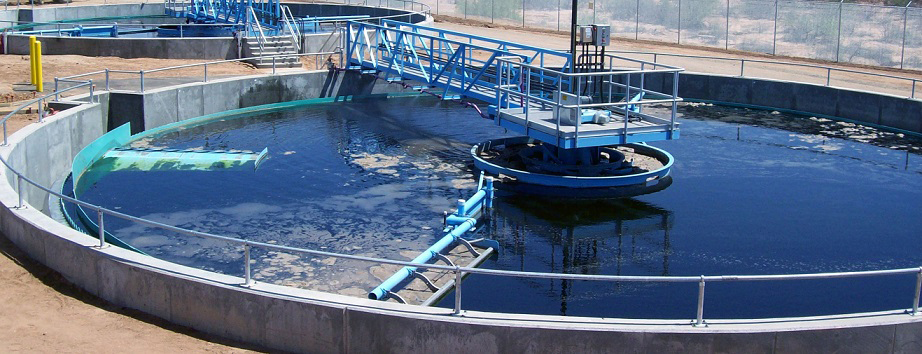

Water and waste water facilities utilize a variety of mixing processes as specified to treat waste water from a variety of sources as specified. Jiashan Huada has decades of experience in these processes and will help you determine the right mixing solution to ensure your specifications are met.
Sealing systems are vital in maintaining pump efficiency, reliability, energy consumption, water usage and control of emissions to the environment. These factors can materially facilitate a process plant in achieving total life-cycle cost reduction and sustainability objectives. To achieve these objectives, sealing performance can be improved in most centrifugal pump applications by upgrading from traditional compression packing to mechanical seal technology.
Mechanical seals are found on most rotating equipment such as pumps and mixers to prevent the leakage of liquids and gases from escaping into the environment. It is best, therefore, to see the pump as only part of the system – and its performance and reliability is directly linked to that of the seal. A mechanical seal consists of two principal components. One component is stationary and the other rotates against it to achieve a seal.
There are many types of seal, ranging from simple single spring component designs to considerably more complex cartridge seal types. The design, arrangement and materials of construction are essentially determined by the pressure, temperature and speed of rotation and product being sealed.
The component seal ranges available today incorporate seals to suit a wide range of applications in the water and wastewater sector. These seals are used in large volumes and, as the name suggests, are supplied as separate rotary and stationary assemblies for installation on site.
An alternative to compression packing is the mechanical seal, which resolves many of the sustainability and environmental issues inherent in compression packing. Mechanical seals require lower water and energy demand and have substantially reduced leakage, making them more efficient at containing volatile or hazardous fluids, aqueous solutions and slurry suspensions. And once installed, mechanical seals require no maintenance.
A mechanical seal is comprised of a stationary primary element, which is fixed within the pump housing, and a rotating mating element fixed to the shaft. Precisely machined, these two components are pressed together by a flexible load element, meeting at a wear face, while the extreme tolerance precisions between the two elements minimize leakage. The wear faces are supported on an extremely thin lubricating film, typically 0.25 microns in thickness.
Available in a variety of types, arrangements and materials, mechanical seals are found in the majority of centrifugal pumps today.
Mechanical seals require very little flush water injected into the seal chamber. Compression packing used in abrasive pumping applications requires significant volumes of water injected into the stuffing box. A mechanical seal in the same service requires only a small fraction of this water volume.
Mechanical seals create an extremely restrictive leak path perpendicular to the axis of the shaft between the two sliding seal faces. This results in almost no leakage to the atmosphere.